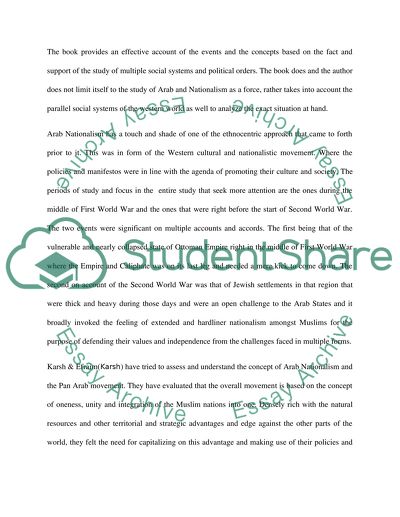Cite this document
(“Arab nationalism Research Paper Example | Topics and Well Written Essays - 1750 words”, n.d.)
Retrieved from https://studentshare.org/history/1492473-arab-nationalism
Retrieved from https://studentshare.org/history/1492473-arab-nationalism
(Arab Nationalism Research Paper Example | Topics and Well Written Essays - 1750 Words)
https://studentshare.org/history/1492473-arab-nationalism.
https://studentshare.org/history/1492473-arab-nationalism.
“Arab Nationalism Research Paper Example | Topics and Well Written Essays - 1750 Words”, n.d. https://studentshare.org/history/1492473-arab-nationalism.


